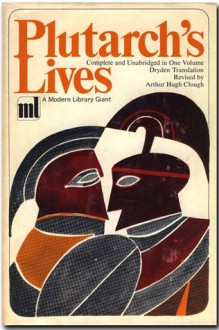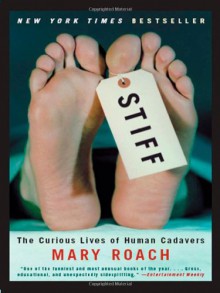
The Newton Institute
I have to admit that the first few chapters of this put far too much emphasis on belief. Maybe it's because I've read other books on this subject matter but I feel that someone who takes the trouble to read about it has already become at least open to belief and the 'exercises' in the first few chapters seem redundant and amount to quiet contemplation of the sort of things that will have already led the reader to pick up the book, like being attracted to certain places or eras.
As the chapters went on I had hoped for something more, but the 'exercises' continued to be more suggestions for things to think about rather than guidance for self-hypnosis as I've seen in other books. There were references for going between lives but no real instruction about how to accomplish that.
All of the 'evidence' presented was completely subjective accounts. No examples of evidence that got confirmed by historical records or surviving relatives of the previous person as I've seen elsewhere.
When it began talking about a council of elders, the book pretty much lost me and it went further into new age territory after that. To be quite honest, if this were the only book I had ever read on reincarnation, I would be writing the topic off as total fantasy. The writing itself is good, but there is nothing to convince the questioning reader that any of it is any more than imagination.
 Waffles, the hamster, lives in his owner's closet because her parents said she had to get rid of him. She imagines what he does all day in there.
This is a cute story for your little one. I liked the little girl's imagination of what Waffles does all day. I wish this were longer. The illustrations are adorable.
Waffles, the hamster, lives in his owner's closet because her parents said she had to get rid of him. She imagines what he does all day in there.
This is a cute story for your little one. I liked the little girl's imagination of what Waffles does all day. I wish this were longer. The illustrations are adorable.

 Log in with Facebook
Log in with Facebook 









